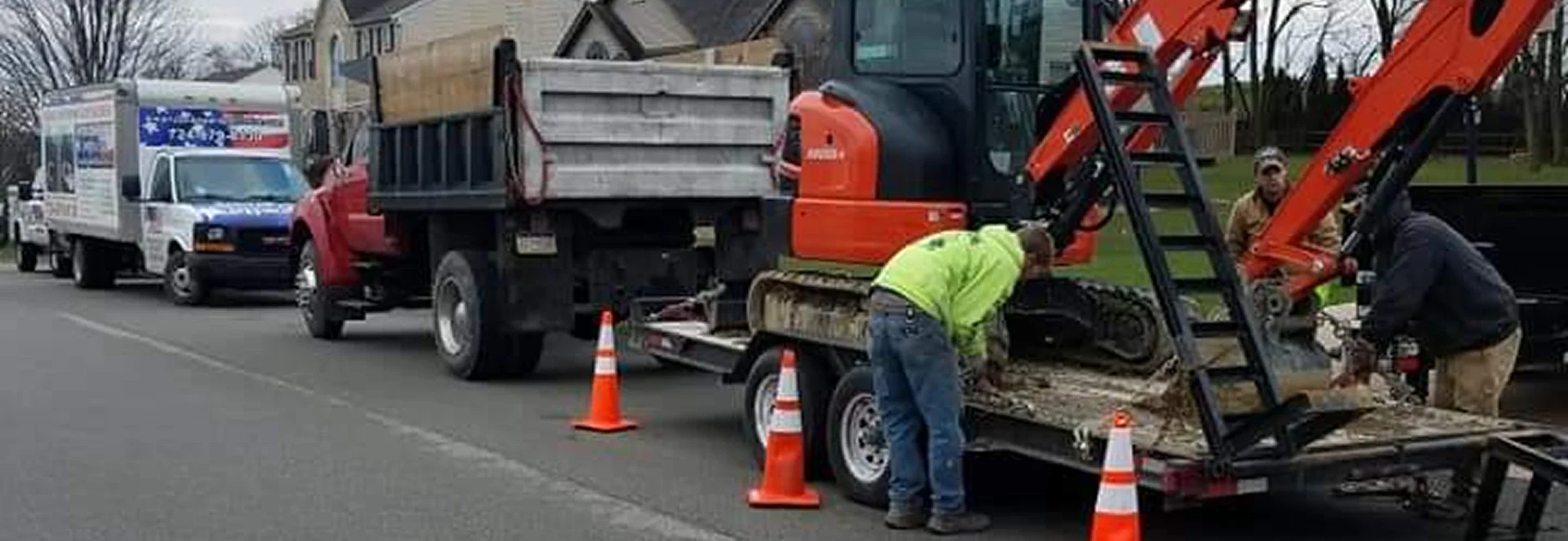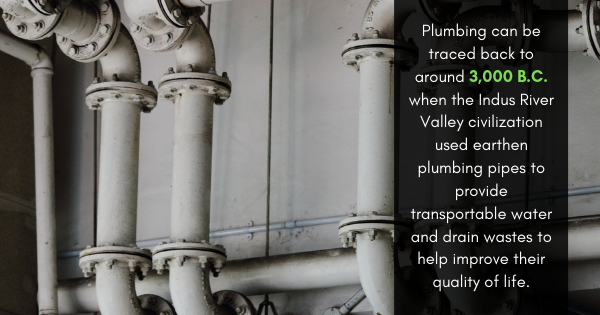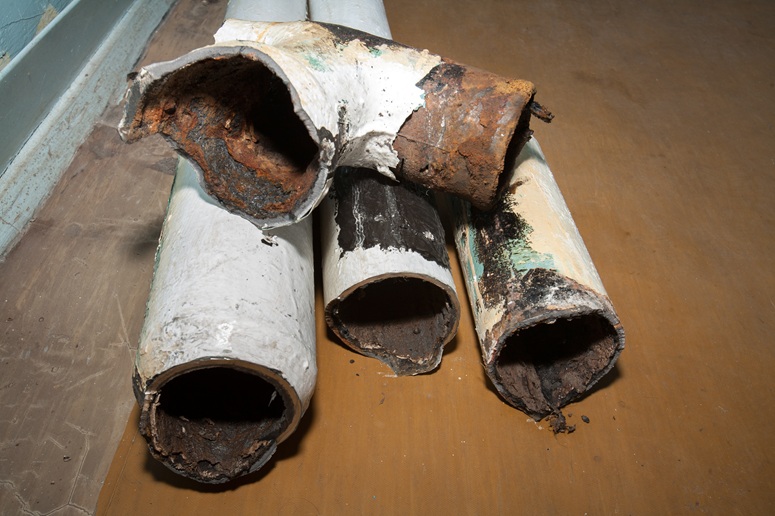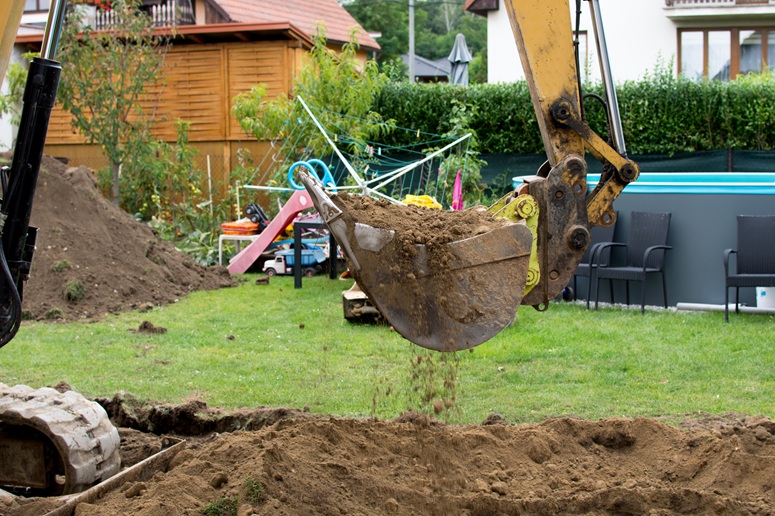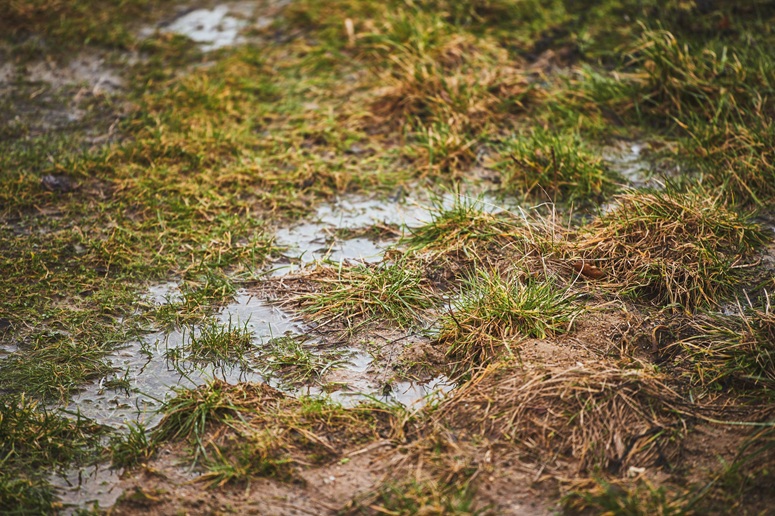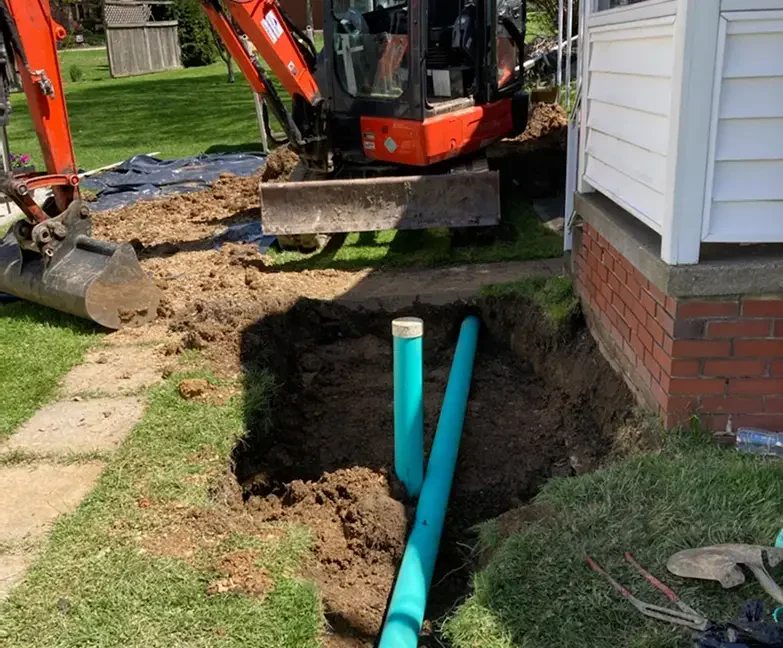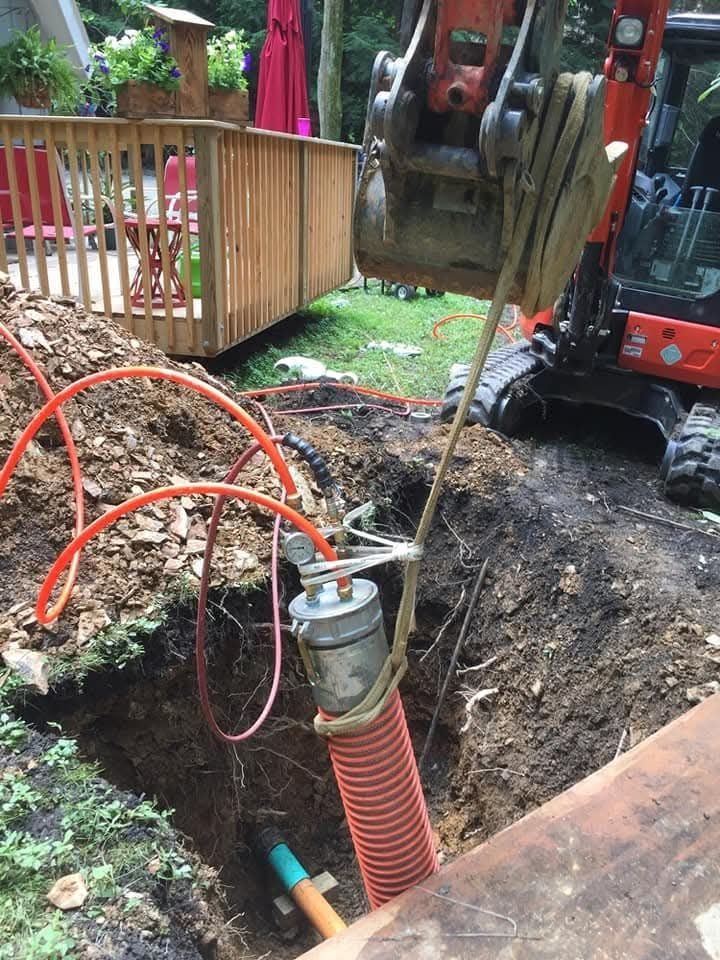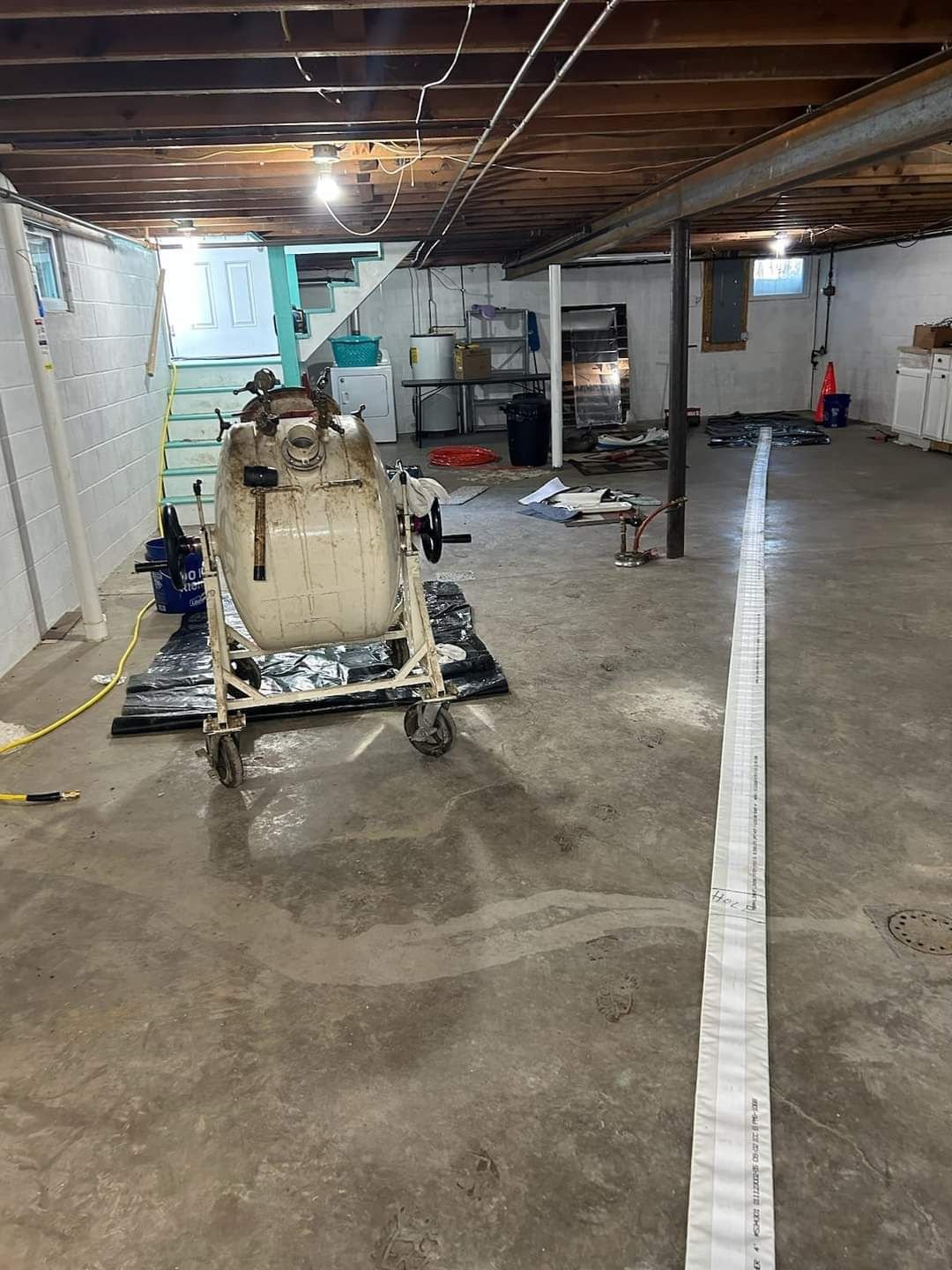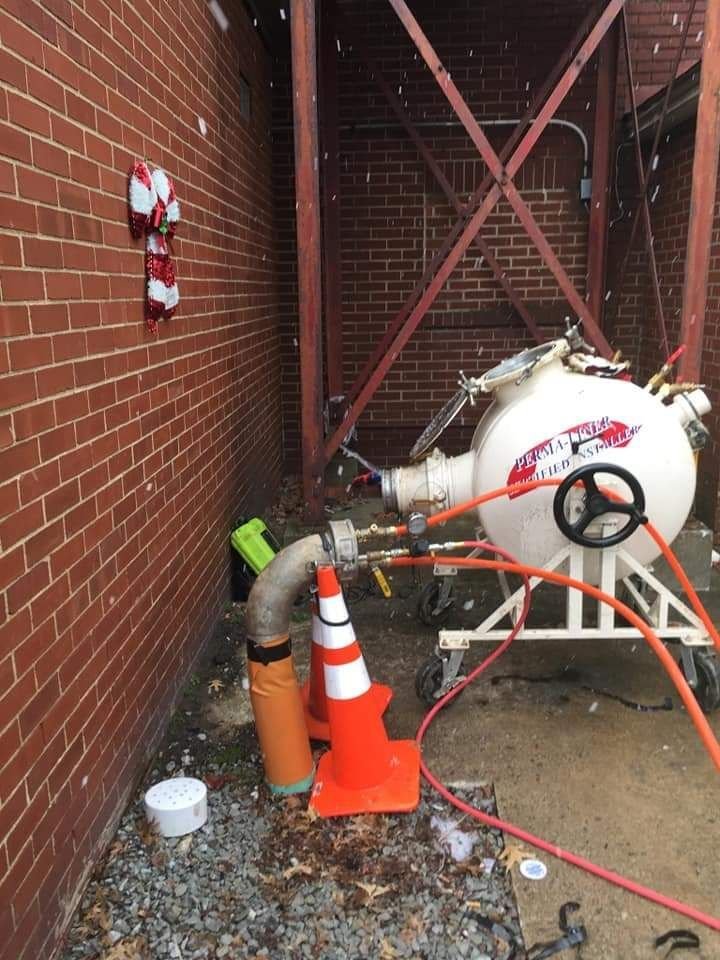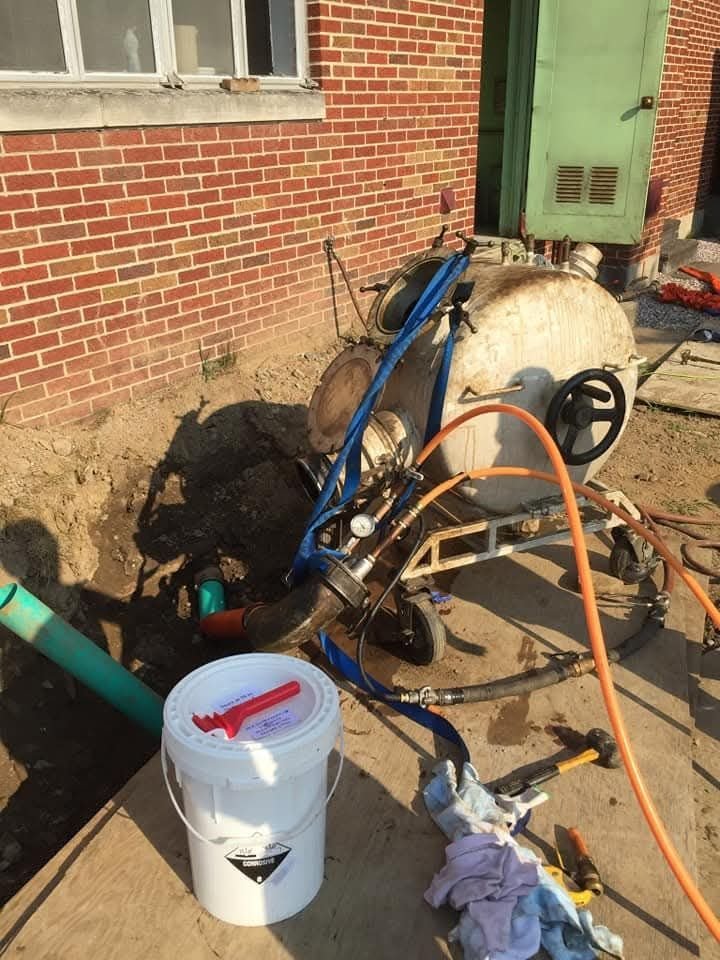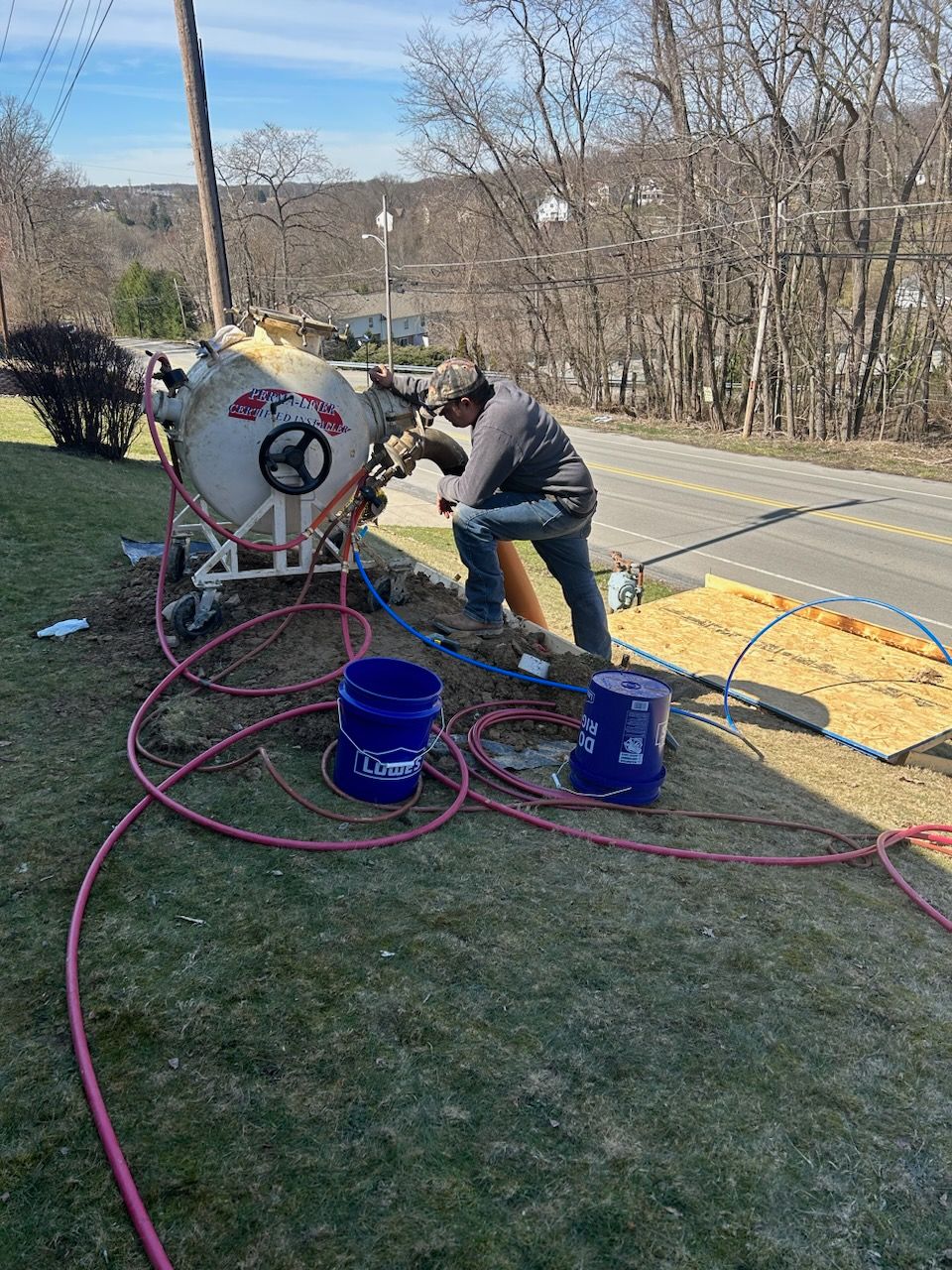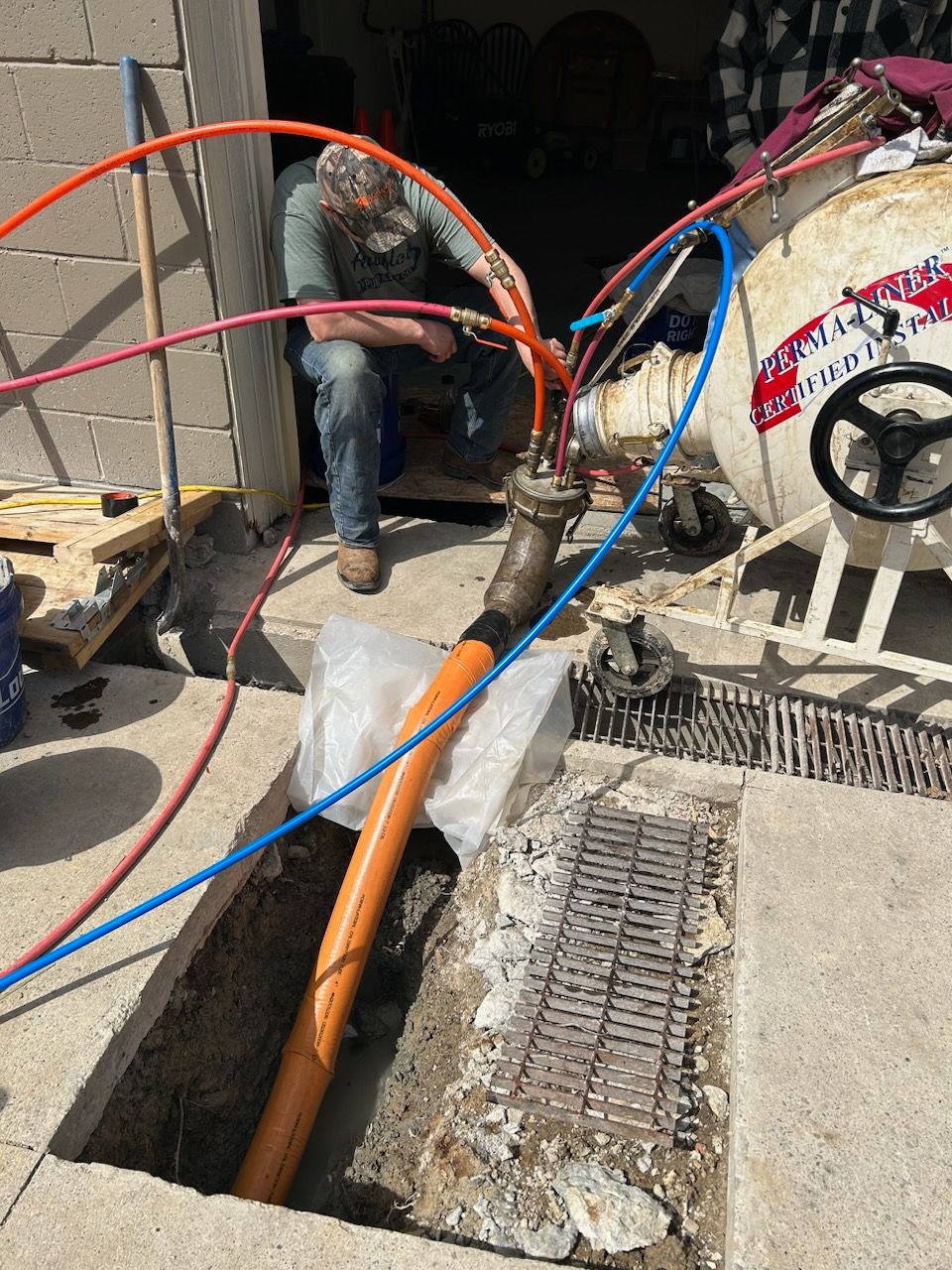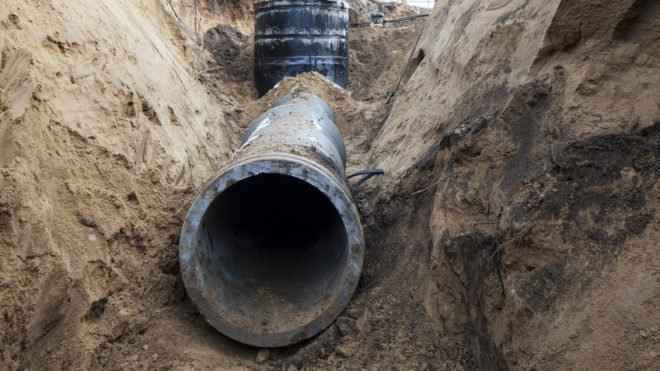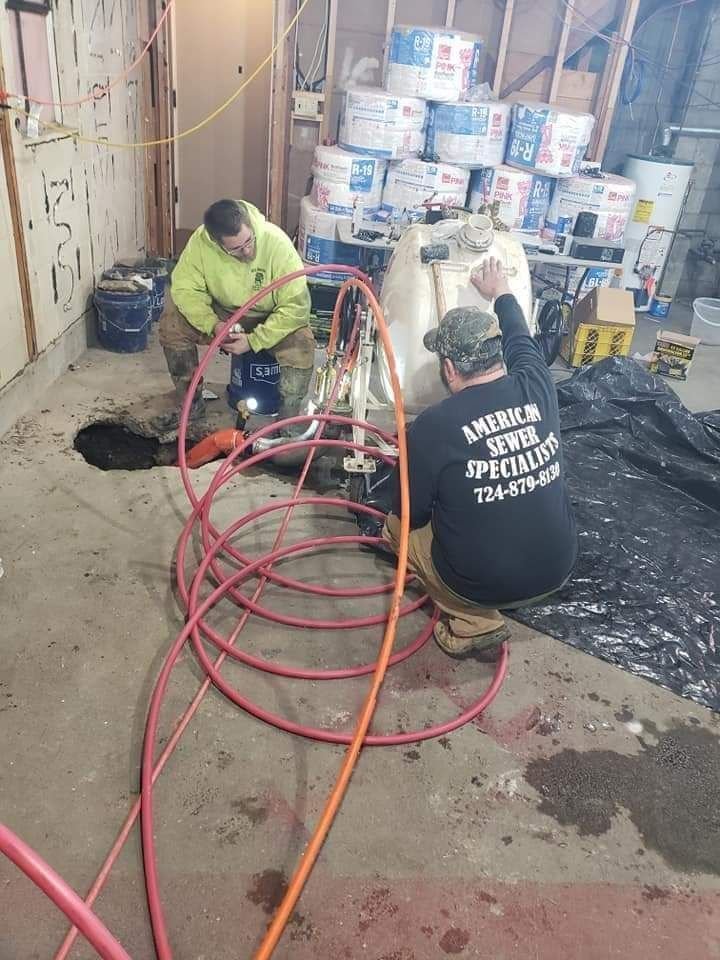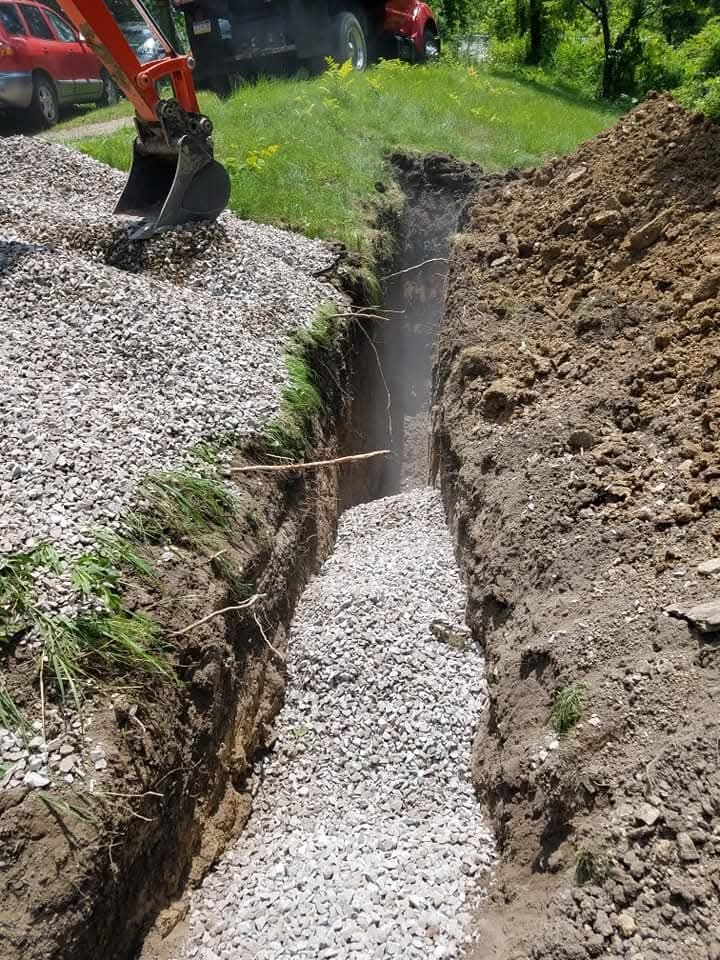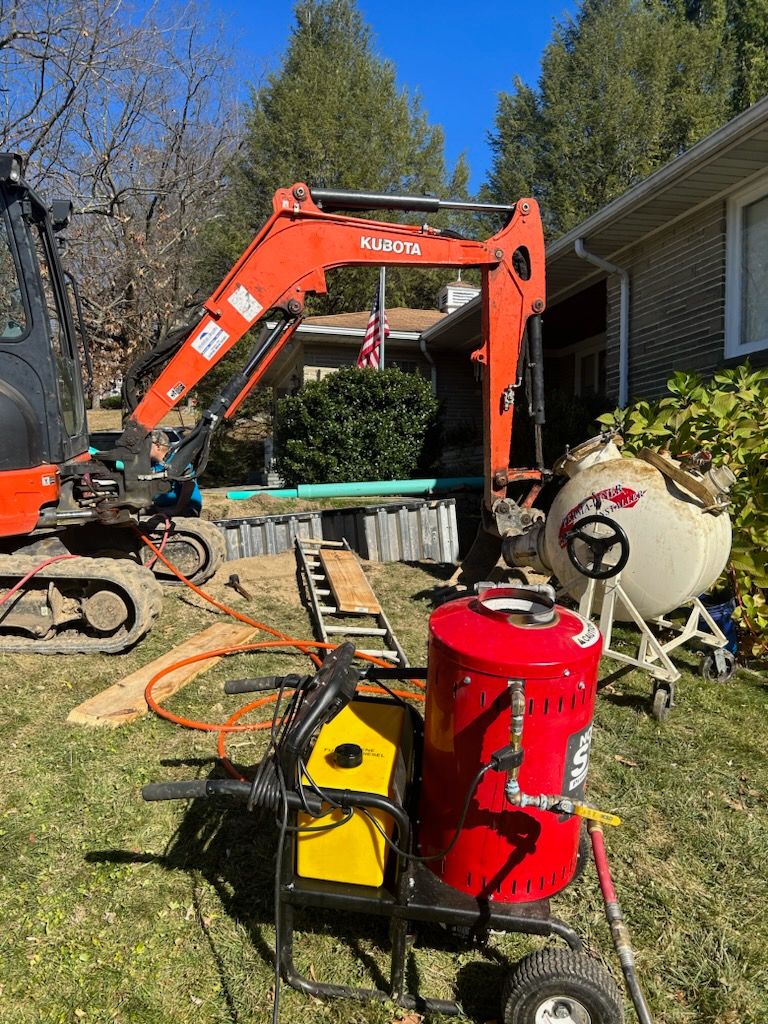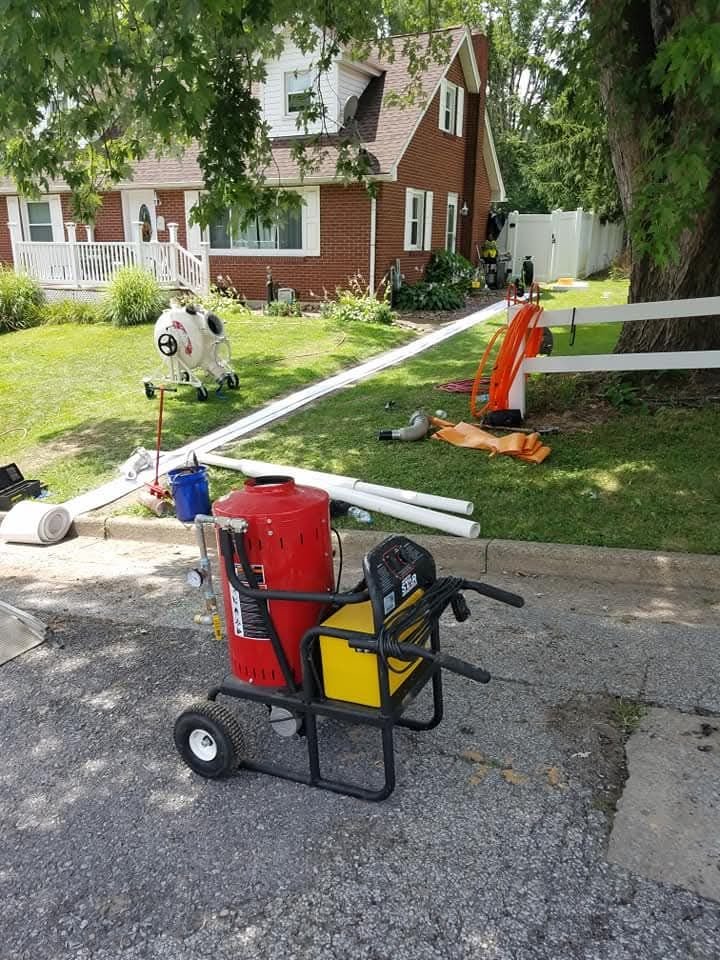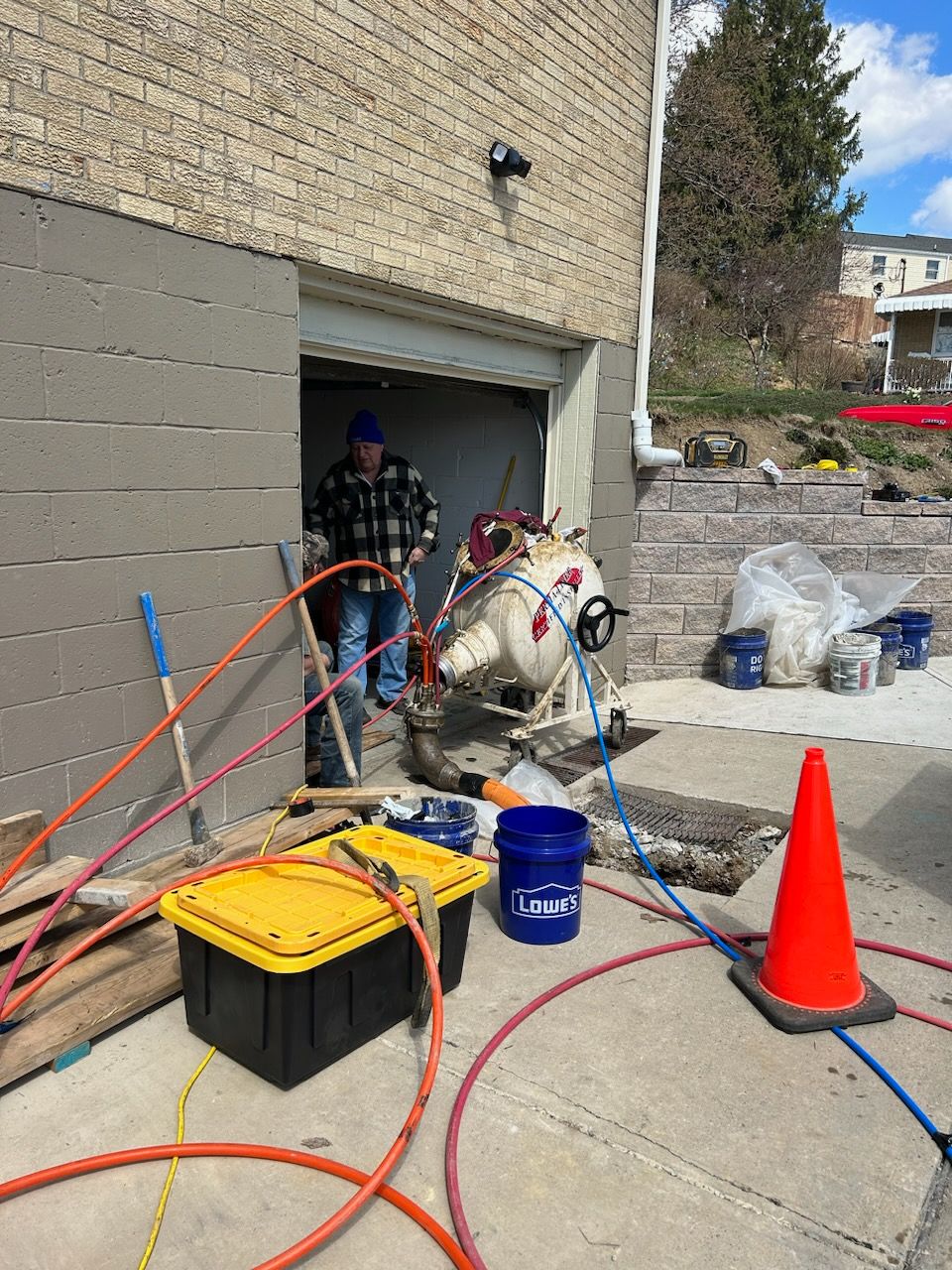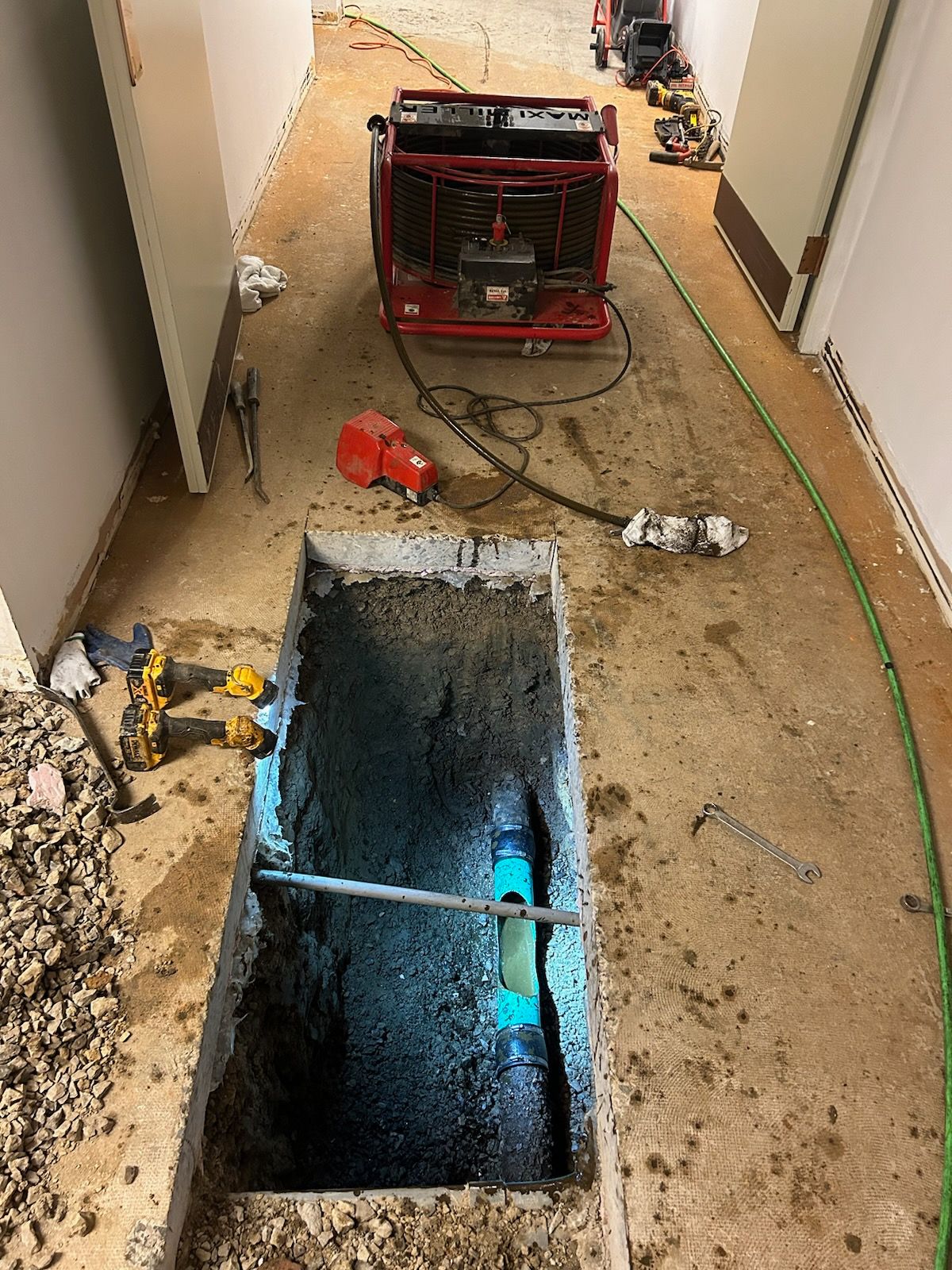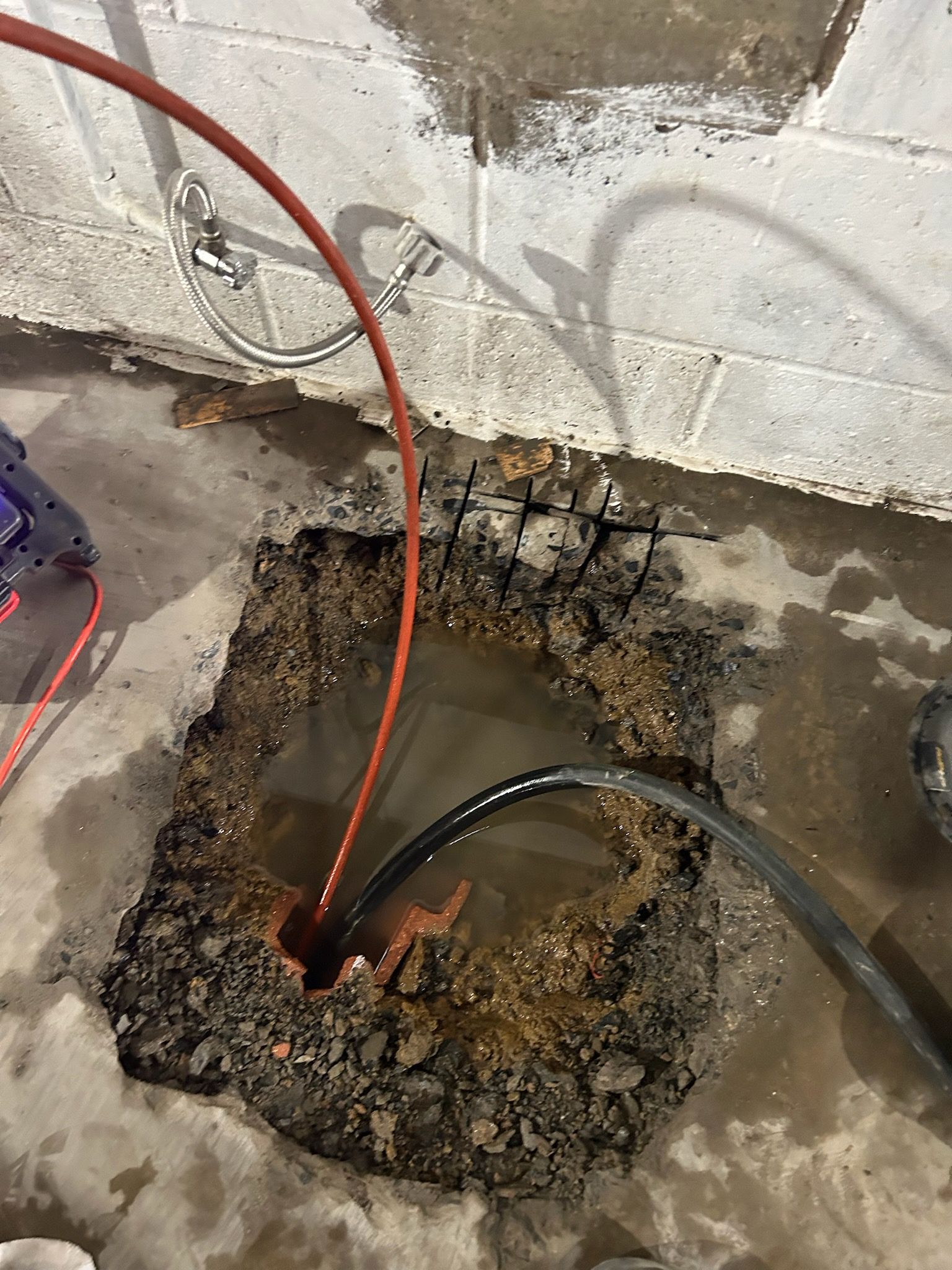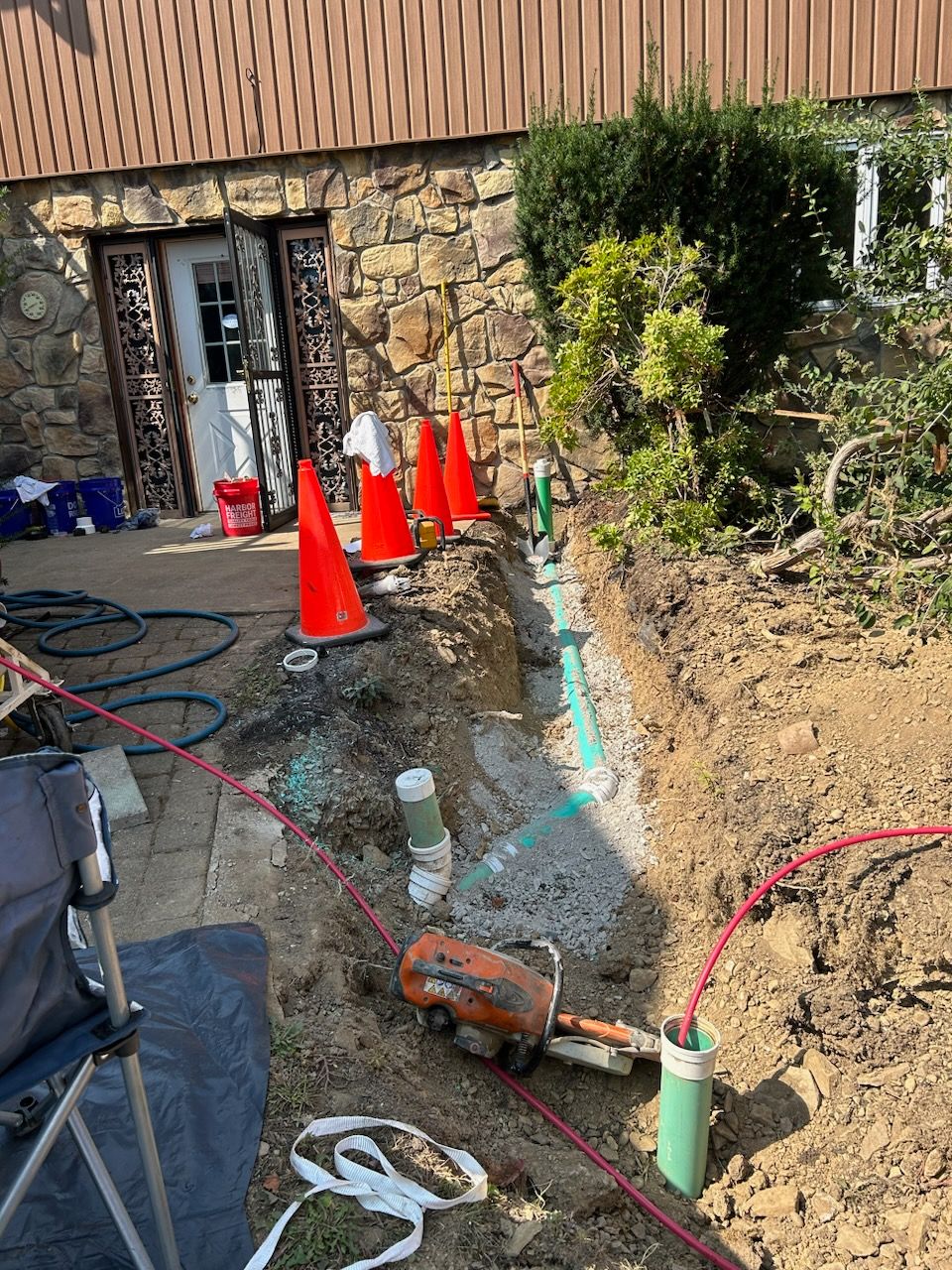Many people think plumbing is a somewhat new invention, but as it turns out, plumbing can be traced back to around 3,000 B.C. when the Indus River Valley civilization used earthen plumbing pipes to provide transportable water and drain wastes to help improve their quality of life.
Luckily our plumbing has improved dramatically since then.
But even with our modern innovations, it’s still not a perfect system.
Waterlines are still subject to ruptures and leaks—sometimes without a moments notice. If you suspect a break or blockage is compromising your main water line, here’s what you need to look out for to prevent major damage to your home.
The main signs that you have a break
Not all of the signs are obvious, so if you’re suspicious that your main line may be leaking, here are some ways to know for sure.
- Your water bill will be higher than usual.
- The water pressure in your sink and tub will feel low.
- Listen for the sound of ongoing water running. If you hear hissing or bubbling coming from the toilet, you probably have a busted line on your hands.
- You’ll find unexplained puddles and wet spots around the bathroom and kitchen areas of your home.
- Sometimes you’ll be able to identify a strange smell in your home— due to the backed up sewage. So watch out for those funky smells.
How to prevent future breaks
Water line breaks can be caused by a variety of things like the pipe’s age or soil erosion. But more than likely pipes are bound to bust during the winter months. A combination of rain, snow, and freezing water can cause it to rupture. Preventing future breaks can be done by:
- Leaving the faucet dripping when it freezes over outside.
- Leaving the heater on inside your home while you’re gone for an extended period of time. Like on vacation.
- Opening your cabinets to allow the warmer air to circulate throughout the house.
There’s no way of knowing exactly when a pipe can burst. But taking these preventative measures can save you the trouble of a broken water line. Performing water line excavations is no joke and requires a professional to come and replace the pipe.
Water line excavations—calling the experts
If you’ve identified one or more of these signs, you may need to consult with an expert on water line excavations. Consequences of a busted waterline include higher bills and flooding. Replacing the pipe is not something you can save for a DIY weekend project. Water line excavation is not an easy task, and it requires you to go underground to identify and fix the problem.
To save yourself the stress and consequences of a busted water line, call your local experts to get the job done in no time. The pros are certified to handle water line excavations, sewer repair, septic tank repairs, and more.
Categories
Related Posts
